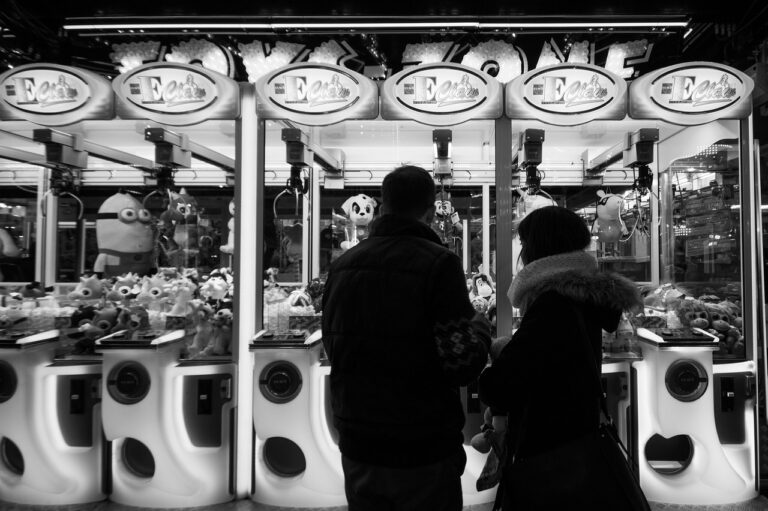Analyzing the Role of AI in Music Composition
Throughout history, the art of music composition has undergone a fascinating evolution. From the simple melodies of ancient civilizations to the complex symphonies of the Baroque and Classical periods, music composition has continuously transformed and developed. Early composers relied on basic instruments and oral tradition to create and pass down their music, paving the way for the sophisticated compositions we hear today.
The Renaissance period marked a significant shift in music composition, with composers like Palestrina and Monteverdi introducing polyphony and intricate harmonies to their works. This era laid the groundwork for the elaborate compositions of the Baroque period, where geniuses like Bach and Vivaldi pushed the boundaries of structure and form. As music entered the Classical period, composers such as Mozart and Beethoven further expanded the possibilities of composition, showcasing technical prowess and emotional depth in their music.
• The art of music composition has evolved significantly throughout history
• Early composers relied on basic instruments and oral tradition to create music
• The Renaissance period introduced polyphony and intricate harmonies to compositions
• Baroque composers like Bach and Vivaldi pushed the boundaries of structure and form
• Classical composers such as Mozart and Beethoven showcased technical prowess and emotional depth in their music
The Influence of AI on Music Creation
Many believe that artificial intelligence (AI) is revolutionizing the music industry, especially in the realm of music composition. Through advanced algorithms and deep learning techniques, AI has the ability to analyze vast amounts of music data to produce compositions that are both innovative and captivating. This technological advancement has not only streamlined the creative process for musicians but has also opened up new possibilities and avenues for artistic expression.
AI-powered tools have enabled composers to experiment with different styles, genres, and sounds that they may not have explored otherwise. By utilizing AI, musicians can swiftly generate melodies, harmonies, and even entire pieces of music, thereby sparking fresh inspiration and creativity. Additionally, AI has the capability to learn from existing compositions and adapt to the stylistic preferences of individual artists, providing personalized assistance in the composition process.
Challenges Faced by AI in Music Composition
While AI has made significant strides in music composition, there are still various challenges that it faces in this creative field. One common issue is the ability of AI to replicate the emotional depth and nuance found in human-composed music. Despite advancements in machine learning algorithms, AI often struggles to capture the subtle nuances of human emotions and translate them into music that resonates with listeners on a deep level.
Additionally, another challenge is the lack of creativity and originality in AI-generated music. While AI can analyze vast amounts of musical data and create new compositions based on patterns and trends, it often falls short in producing truly innovative and unique pieces. This limitation raises questions about the authenticity and artistic merit of AI-generated music compared to compositions crafted by human musicians.
How has music composition evolved over time?
Music composition has evolved from traditional methods to more technologically advanced tools and software, allowing for greater experimentation and innovation.
What role does AI play in music creation?
AI has revolutionized music creation by providing tools for composers to generate ideas, explore new sounds, and enhance their creative process.
What are some challenges faced by AI in music composition?
Some challenges faced by AI in music composition include limitations in understanding human emotions, the ability to create music with emotional depth, and the potential for creativity and originality.







